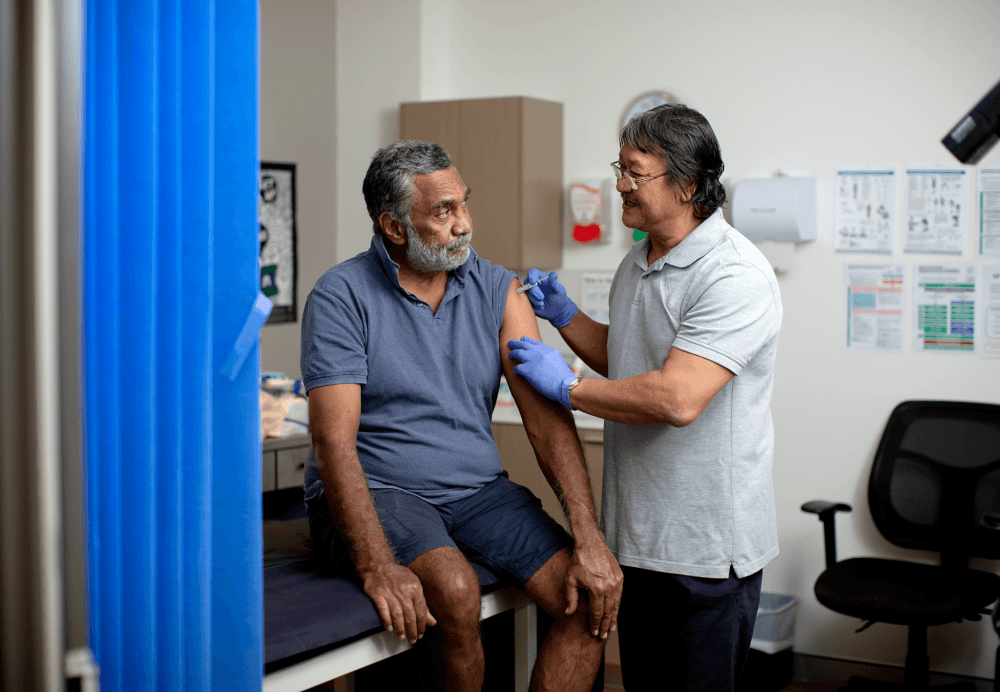The failure of the referendum for an Indigenous Voice to Parliament is disheartening, but it does not mean we can’t improve the health outcomes for First Nations men.
At Healthy Male, we are already taking steps to do that. We are listening to our Aboriginal and Torres Strait Islander Male Health Reference Group and we are acting.
They have told us that First Nations men need a trusted source to go to for culturally sensitive and appropriate health information.
And we need to work with the First Nations community and health experts to figure out what this looks like and how it will work most effectively.
We have started that process. Healthy Male’s new National Project Coordinator for Aboriginal and Torres Strait Islander Male Health will communicate widely with communities and gather data that will direct the development of this resource.
This project will cost approximately $250,000 over the next twelve months, and we need your help to raise half of this amount and bring this critical project to life.
We’re asking you and your networks to support us with a donation to ultimately improve the health of First Nations men through this much-needed resource.
DONATE HERE











